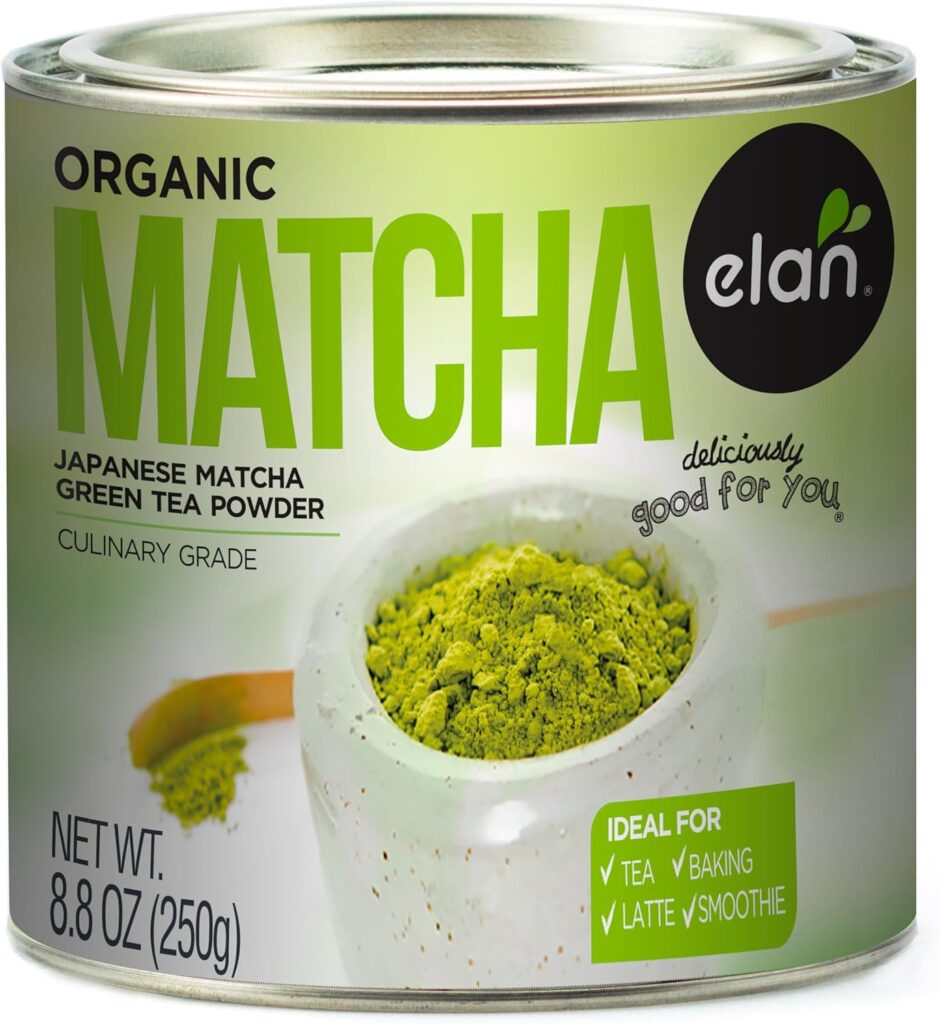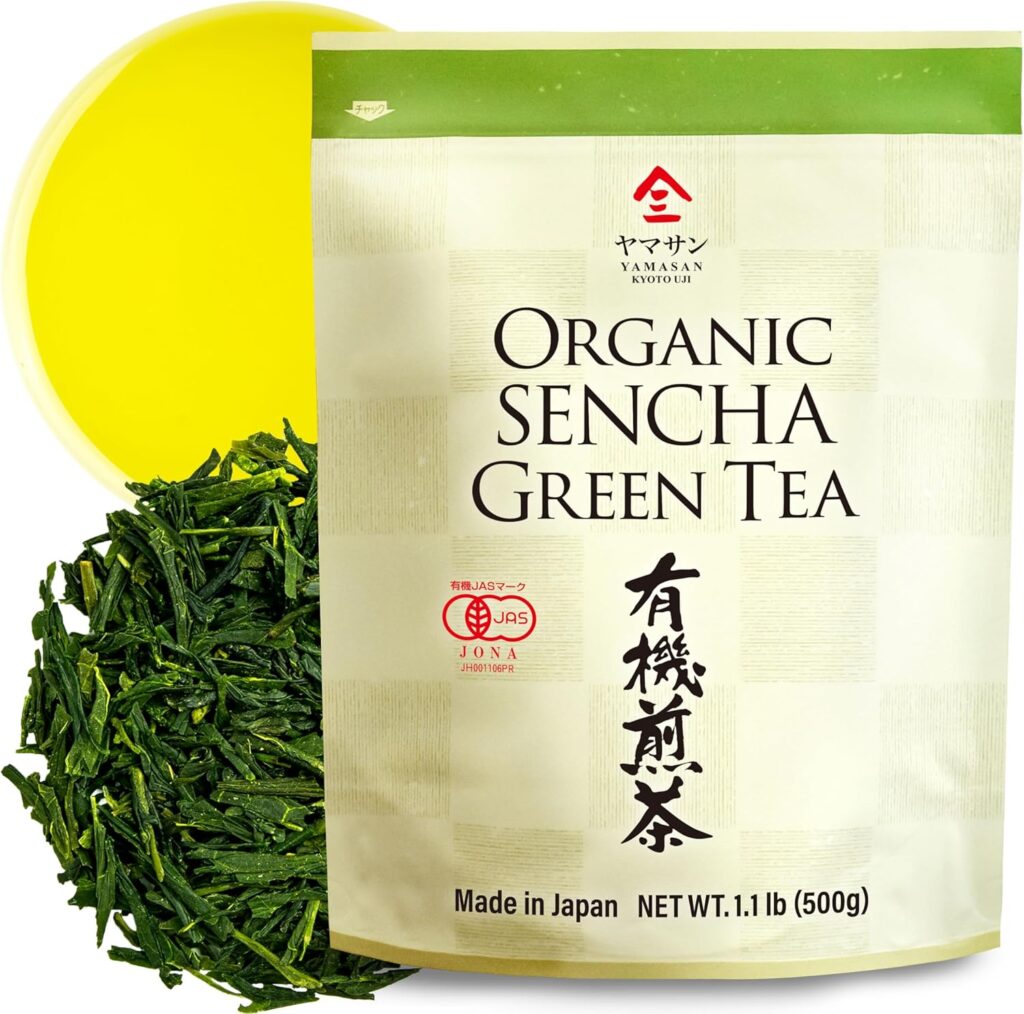The Powerhouse: Green Tea
Green tea has earned its reputation as one of the healthiest beverages on the planet. Its unique nutritional profile is packed with bioactive compounds that offer multiple benefits to the body. Here are some Health Benefits of Green Tea:
- Antioxidants: Green tea is rich in catechins, powerful antioxidants that protect cells from damage caused by free radicals. Epigallocatechin gallate (EGCG) is the most potent and has been extensively researched for its health benefits, including reducing inflammation and fighting various chronic diseases. EGCG has also been linked to improved cardiovascular health and reduced risks of certain cancers.
- Boosting Metabolism & Weight Loss: Green tea’s catechins, especially EGCG, can help boost metabolism and fat burning. Studies show that drinking green tea regularly can increase calorie expenditure and fat oxidation, making it a popular natural supplement for weight management. With a healthy diet and regular exercise, green tea can support healthy weight loss over time.
- Heart Health Support: Green tea helps maintain cardiovascular health by improving cholesterol levels and enhancing blood flow. Regular consumption has been shown to lower LDL cholesterol and triglycerides, reducing the risk of heart disease. The catechins in green tea can also improve artery function and reduce blood pressure.
- Better Brain Function:
Not only does green tea improve physical health, but it also benefits the brain. It contains caffeine in moderate amounts, providing a gentler, more stable energy boost compared to coffee. Combined with L-theanine, an amino acid that enhances brain function, green tea can improve focus, and attention, and reduce stress without the jittery side effects.
In essence, green tea’s combination of antioxidants, metabolism boosters, and heart-healthy compounds makes it an excellent addition to any diet focused on health and longevity.

Real-Life Use: How Green Tea Fits Into Your Daily Routine
Ask yourself, What will happen if I drink green tea every day?
Green tea is not just your everyday drink, it’s a daily habit for millions of people across the world looking to improve their health in simple, sustainable ways. Let’s take a look at some inspiring real-life use cases where green tea plays a key role in people’s wellness journeys:
Morning Ritual for Energy & Focus
Many people are replacing their morning coffee with green tea for a gentler energy boost. Thanks to its moderate caffeine content and L-theanine, a calming amino acid, green tea provides sustained mental alertness without the jittery feeling coffee often brings. This is especially beneficial for seniors who may experience sensitivities to stronger stimulants.
Skin Health for a Natural Glow
People who prioritize skincare have embraced green tea for its potent antioxidant properties. Whether consumed as a beverage or applied topically via products, green tea is known to combat free radicals, slow down skin aging, and help with inflammation. A regular cup of green tea might just be the secret behind glowing, youthful skin.
Weight Management Success Stories
Numerous individuals have turned to green tea as part of their weight management routine. By naturally boosting metabolism and aiding fat oxidation, green tea supports those looking to shed a few extra pounds. Combined with regular exercise and a balanced diet, it’s a go-to drink for many trying to maintain a healthy weight.
Mental Wellness
Seniors and health enthusiasts alike appreciate green tea for its calming effects, making it a great beverage for mental relaxation. People report feeling more centered and focused after a cup of green tea, which can be a great way to practice mindfulness or as part of an afternoon relaxation routine.
Science-Backed Benefits: What Research Says About Green Tea
Green tea’s reputation as a powerful health drink is backed by solid scientific research. Over the years, numerous studies have uncovered the various ways green tea can positively impact health. Here are some of the key findings:
- Rich in Antioxidants
Green tea is packed with polyphenols, including catechins, which are powerful antioxidants. These compounds help protect the body from oxidative stress, which can lead to chronic diseases. One of the most well-known catechins in green tea is epigallocatechin gallate (EGCG), which has been studied extensively for its role in reducing inflammation and promoting overall health. - Supports Brain Health
Several studies suggest that the bioactive compounds in green tea can have protective effects on the brain. The combined impact of caffeine and L-theanine in green tea has been shown to improve cognitive function and focus. Research also hints at the potential for green tea to delay the onset of neurodegenerative diseases like Alzheimer’s and Parkinson’s. - Boosts Metabolism + Fat Burning
Numerous studies have examined green tea’s role in fat oxidation. Research published in the American Journal of Clinical Nutrition found that green tea extract increased fat burning by 17%, particularly during moderate exercise. This suggests that regular consumption of green tea could aid in weight management, particularly when paired with an active lifestyle. - Promotes Heart Health
Green tea has been linked to countless studies on cardiovascular health. These show that it can help lower LDL cholesterol and triglycerides, reducing the risk of heart disease. In fact, a large study published in the Journal of the American Medical Association (JAMA) found that those who drank five or more cups of green tea daily had a significantly lower risk of heart disease and stroke compared to those who drank less.
How to Brew Green Tea for Maximum Benefits
Brewing green tea properly is essential to unlocking its full potential. By following the right methods, you can preserve the antioxidants and other beneficial compounds that make green tea so popular.
1. Choose High-Quality Tea Leaves
Not all green teas are created equal. The quality of the tea leaves plays a significant role in the taste and health benefits. Opt for organic, whole-leaf green tea whenever possible.
2. Water Temperature
Using boiling water can burn the delicate leaves and lead to a bitter taste. Instead, aim for a water temperature between 160°F to 180°F (70°C to 80°C). If you don’t have a temperature-controlled kettle, let the water cool for about 2-3 minutes after boiling.
3. Steeping Time
Steeping for too long can also cause bitterness. The ideal steeping time for green tea is between 2 to 3 minutes. For stronger tea, opt for more tea leaves rather than a longer steep.
4. Use the Right Tea-to-Water Ratio
A good ratio to follow is one teaspoon (2 grams) of tea leaves for every 8 ounces (240 milliliters) of water. Adjust according to your taste preferences.
5. Types of Green Tea and Their Brewing Methods
Different types of green tea require slightly different brewing methods:
- Sencha: 160-170°F (70-75°C) for 1-2 minutes.
- Matcha: Whisked in hot water around 175°F (80°C).
- Gyokuro: Brew at 140°F (60°C) for 2-3 minutes.
6. Enjoy Green Tea Hot or Cold
Green tea can be enjoyed both hot and iced, making it a versatile drink year-round. Try cold-brewing your green tea by steeping it in the fridge for a few hours for a refreshing drink.
Recommended Products







